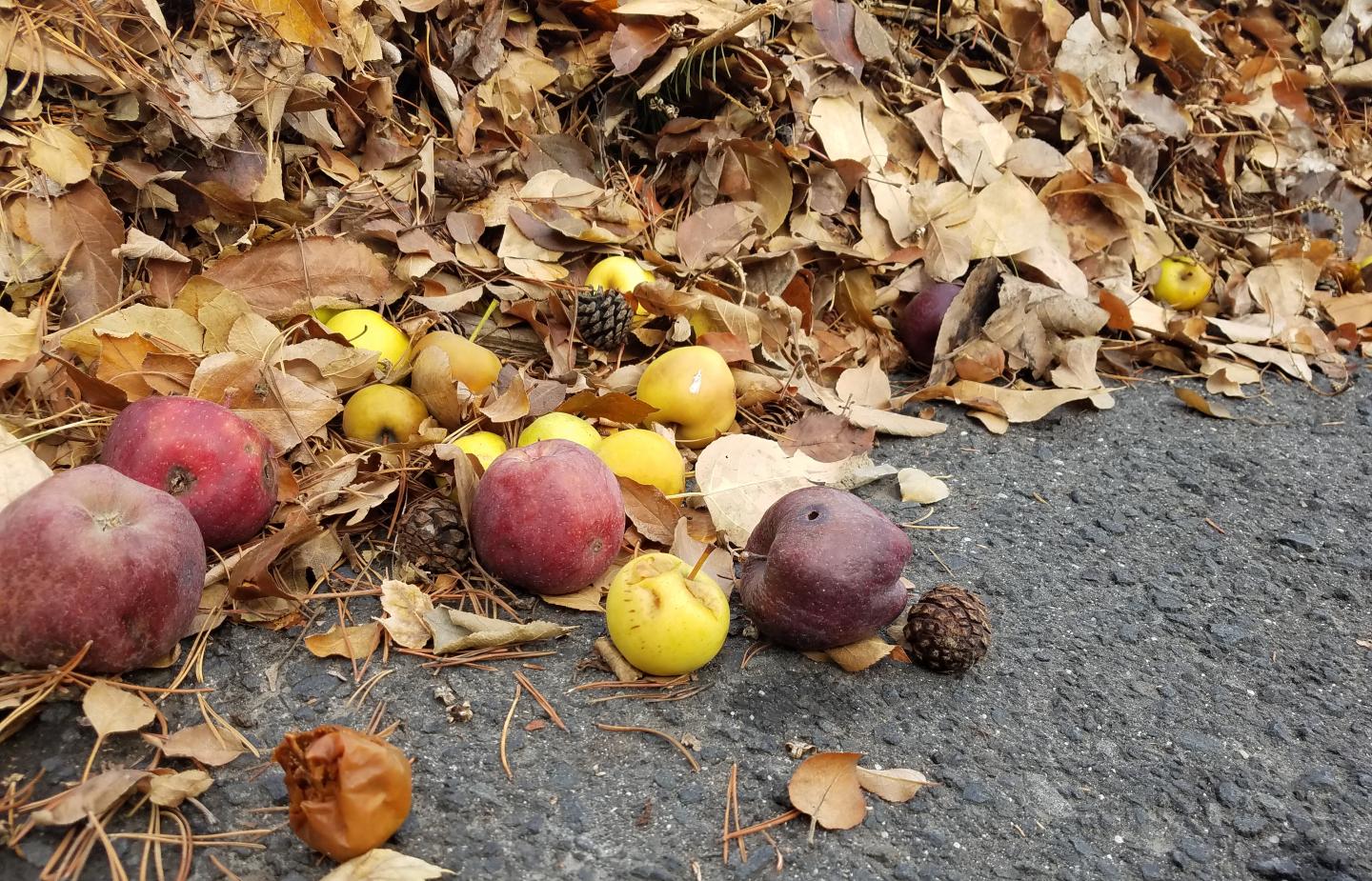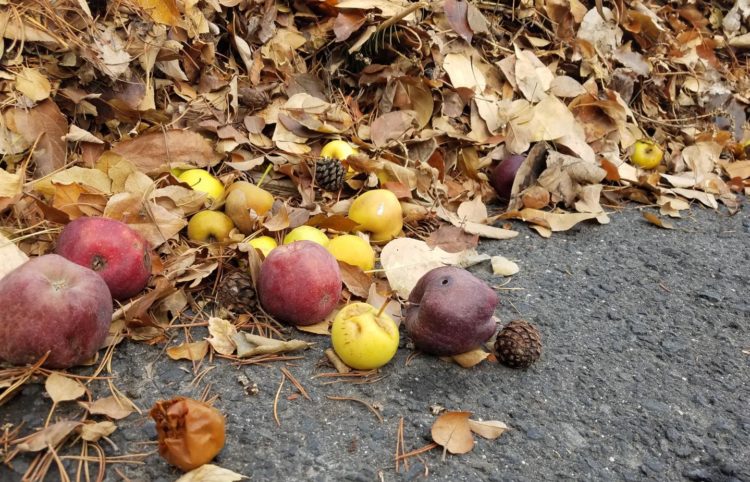
Credit: WSU
The U.S. spends $5 billion a year to repair damages to road infrastructure from winter snow and ice control operations and the use of traditional deicers. A team of researchers at WSU is developing a more sustainable solution using grape skins and other agricultural waste.
The researchers, including graduate student Mehdi Honarvar Nazari and Xianming Shi, associate professor in Civil and Environmental Engineering, determined that their deicer containing grape extract outperformed commonly used deicers, including road salt and what is thought to be a more environmentally friendly blend of salt brine and beet juice. They published their results in the December issue of the Journal of Materials in Civil Engineering.
Every year, roughly 27 million tons of sodium chloride, commonly known as road salt, is used on U.S. roadways for winter maintenance. The chlorides do not degrade in the environment and may pose long term environmental risks. Commercial deicers typically contain chemicals that are corrosive toward metals, asphalt, concrete, and pose some risk to aquatic species.
Beet juice has become a common additive used by highway departments and cities to enhance the performance of deicers while reducing their corrosive impacts. However, when beet juice enters water bodies, it can deplete oxygen and endanger aquatic organisms.
Working to develop a greener additive, the WSU researchers derived chemicals from waste grape skins through chemical degradation and natural fermentation. Shi said their novel process to make the formula produces no waste of any kind.
The researchers found that their grape extract-based solution melts ice faster than other deicers and causes significantly less damage to concrete and asphalt, the two most ubiquitous materials used in bridges and roads. The solution also poses less risk to nearby water bodies.
“We delivered a more sustainable solution because we’re introducing less chlorides into the road operations and are achieving comparable or better performance,” Shi said. “It’s one step in the right direction.”
Shi first thought of using biotechnology to derive deicer additives out of agricultural waste materials several years ago when tasked by the Alaska Department of Transportation to develop locally sourced and performance-enhanced brine formulations for anti-icing. His group has also successfully applied this technology to waste peony leaves, sugar beet leaves, dandelion leaves, and waste from apples and grapes.
“The beauty of this approach is that it allows us to diversify,” he said. “We can use this same platform technology in different regions of the country but choose a different agricultural product, depending on what source of waste is available.”
###
The work was supported by the National Science Foundation, the Washington Department of Transportation, and the U.S. Department of Transportation.
Media Contact
Xianming Shi
[email protected]
509-335-7088
Original Source
https:/
Related Journal Article
http://dx.





